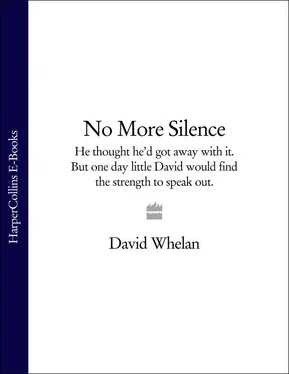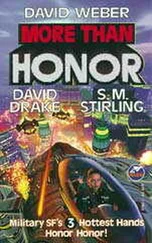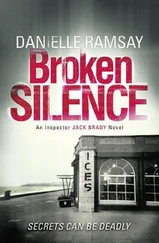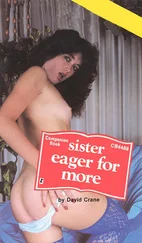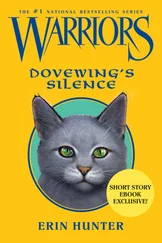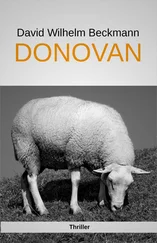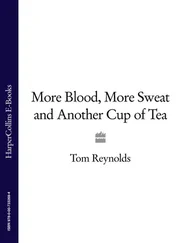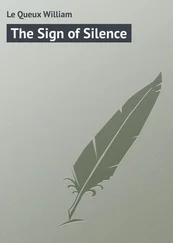‘What?’ I replied.
‘A jam jar. That’s a jam jar!’ My companion, a boy from the other end of the street, was sitting opposite me at the table.
‘What?’ I repeated.
‘It’s a jam jar. You keep jam in it. Where’re your cups?’
‘Don’t have any. They’re broken,’ I said.
‘Can’t you get new ones?’
I shrugged. Explaining the vagaries of day-to-day existence in the Whelan household was becoming part of life in this brave new world of Drumchapel, where those around us seemed to have things we did not – like proper cups.
My pal extrapolated the theme. ‘You don’t have many clothes either.’
I shrugged again. As a nine-year-old, I was unsure of the point he was trying to make. By now, we were developing a reputation – the children of the mother who seemed to spend most of her time sleeping, the family with too few clothes.
‘You don’t have much,’ said my companion, looking around the spartan interior of our home. ‘Why don’t you have carpets?’ he asked.
‘We do!’ I said.
‘No, you don’t. Those are doormats.’
I looked down at the disparate collection of mats on the floor, laid together in the impression of a carpet. Johnny had been busy. He stole them from the front doors of our neighbours. My companion was rendered silent by this strange household he had entered. He took another broken biscuit from the plate. They were Woolies’ finest. We would all wander to the nearest shops and ended up pinching broken biscuits from Woolworths. We were hungry.
Drumchapel was the antithesis of Uist. The only legacy of that idyllic place, the memory of which was diminishing rapidly, was that the Whelan children who were still at school had developed an oddball reputation as the only family in Drumchapel who could sing in Gaelic. Soon after our arrival we were invited to an open day at the local Kingsridge Secondary School, where we performed like a bizarre, deprived version of the von Trapp family from The Sound of Music . Jimmy and Jeanette were at the school, while Irene and I attended Cleddens Primary School. The teacher’s attempt to make us feel special by exhibiting our language skills may have been with the best of intentions, but it backfired. In the world of a poor Glasgow childhood, anything that sets you apart from the herd presents you as a potential victim. We took more than a few beatings for being different.
The school Irene and I went to was opposite the flat and we could see it from the windows. Being so close to home gave me a certain sense of security. I felt that when things were at their worst I was never far from safety, whatever that meant in my case. Home at least was a place of refuge.
In those days, Drumchapel was not a community. It was a collection of tribes gathered from all over the city, who brought with them their religious and social prejudices, as well as a territorial imperative harking back to where they came from. The rigidly designed new streets with their Eastern European aspect became mere extensions of the city districts lately deserted by their new inhabitants. Tribalism brought conflict, particularly of a sectarian nature. In the Glasgow of those days, you were a ‘Billy’ or a ‘Tim’ – a Protestant or a Catholic, a supporter of Rangers or of Celtic. It was not an option not to pick a side. We were Billies – Protestants. The religious divide in Glasgow, while wide, is nowhere near as lunatic as that of Northern Ireland, where the conflict had originated and been transferred to Scotland in the late 19th and early 20th century by an influx of immigrants. In the main, apart from a hard-core minority, it took the form of friendly rivalry rather than enmity.
Whatever tensions existed, however, were exacerbated by the great flaw of the Glasgow housing schemes of the mid-1950s and early 1960s – a lack of basic services. They had the atmosphere of internment camps as opposed to communities. The bus service was almost non-existent, and there were too few shops. Residents couldn’t call ‘the scheme’ home because it had no high street, no heart. If you asked someone where they came from, they did not reply Drumchapel. They said Partick or Govan or Dennistoun, or whichever part of the inner city from which they had originated. In spite of it all, there was still a sense of newness, the beginnings of hope, but the newly planted trees would have to grow much higher before there was any true sense of community.
The day-to-day problems of the Whelan family were less philosophical than actual. The cracks were beginning to show in Ma’s resolve. Her ambition to be a family once more was foundering on the rocks of reality. Her first words to us – ‘We’ll be one big, happy family now. We’ll muck in together’ – had not come to pass. Within weeks of our arrival she had begun to take handfuls of pills. Ma spent a lot of time in bed, leaving us to fend for ourselves in a hand-to-mouth existence. A mother’s duty fell to Jeanette, and it was she who tried to hold us together. Ma didn’t even dress us or put shoes on our feet. That was the role of social workers, who would trail us to Glasgow city centre for new clothes. The use of the word ‘new’ is a misnomer: I never owned an item of new clothing during childhood, apart from a school uniform. The Welfare dressed me as a child. Our ‘department store’ was a vast warehouse in John Street, where the clothes racks marched in serried ranks to apparent infinity. For some reason, I was always excited by the place. I still don’t know why. The smell was the first thing you noticed, a mixture of mothballs and sweat. It was the smell of poverty. You carried it everywhere you went. It singled you out.
In the so-called working classes of Scotland there exists a pecking order. We were technically working class, but we were physically and culturally separated from families where dads worked and mothers acted as homemakers. To my knowledge, the man I hesitate to call my father never worked a day in his life. He was a wastrel who lived by his wits and thievery. Proper working-class Scottish families are, in English terms, lower middle class – hard-working, if unskilled to any degree. Below that stratum was the ‘poor folk’ – families in which the dad might not work and the mum might be less than house-proud. Somewhere several levels beneath were families like mine – dysfunctional, deprived hostages to a different kind of poverty that was as much emotional as physical. I would emerge from the John Street warehouse with clothes that no amount of washing could freshen and my ‘sannies’ – thin, black canvas plimsolls that were worn winter and summer as the ultimate badge of deprivation. Ironic, isn’t it, that those flimsy little shoes have become so fashionable today.
The daily third-of-a-pint ration of milk at Cleddens Primary School and free school dinners were the only real sustenance we were enjoying by this time, and even school dinners were an indicator of your status. Privilege came in a different colour from poverty. Blue dinner tickets were full price – 2 shillings, or 10p – paid for by those from the good working-class homes who could afford them. Pink dinner tickets were cheaper, for those who could afford to pay only part of the cost. My dinner ticket was brown – a free dinner and yet another stigma. This sense of disenfranchisement was heightened because the free dinner tickets were allocated last. We had to stand in line, in front of the class, while those who paid got their tickets first. Then the poorest children were dealt with. Even at that age I was conscious it was a humiliating procedure. It seemed an intentional part of the system – as if we had to be kept in our place. Perhaps they believed that it would have been inappropriate to offer us any hope of another way of life. There was, however, no one to champion us against these injustices.
Читать дальше
